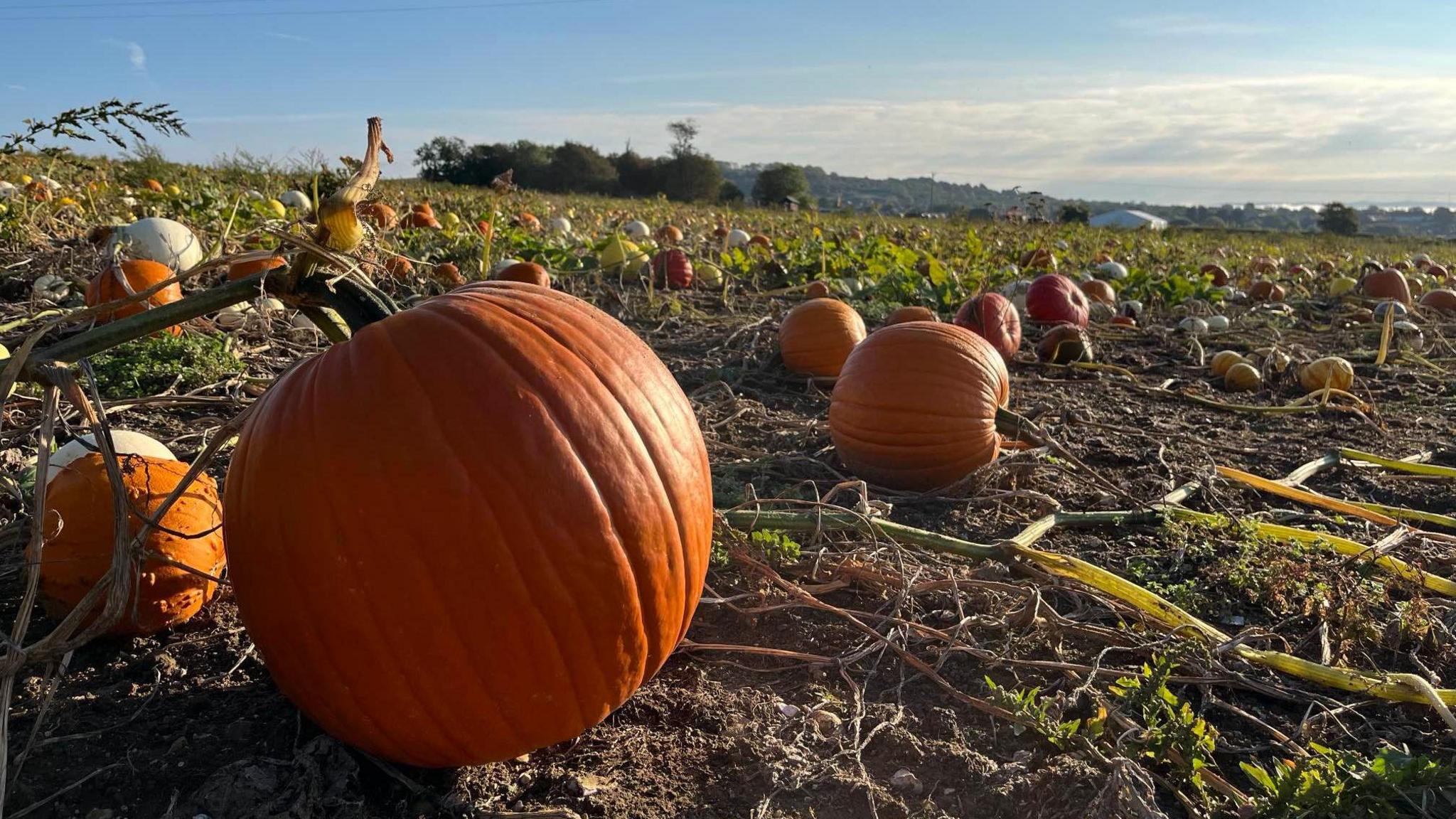Pumpkin harvests ravaged by 'army of slugs'
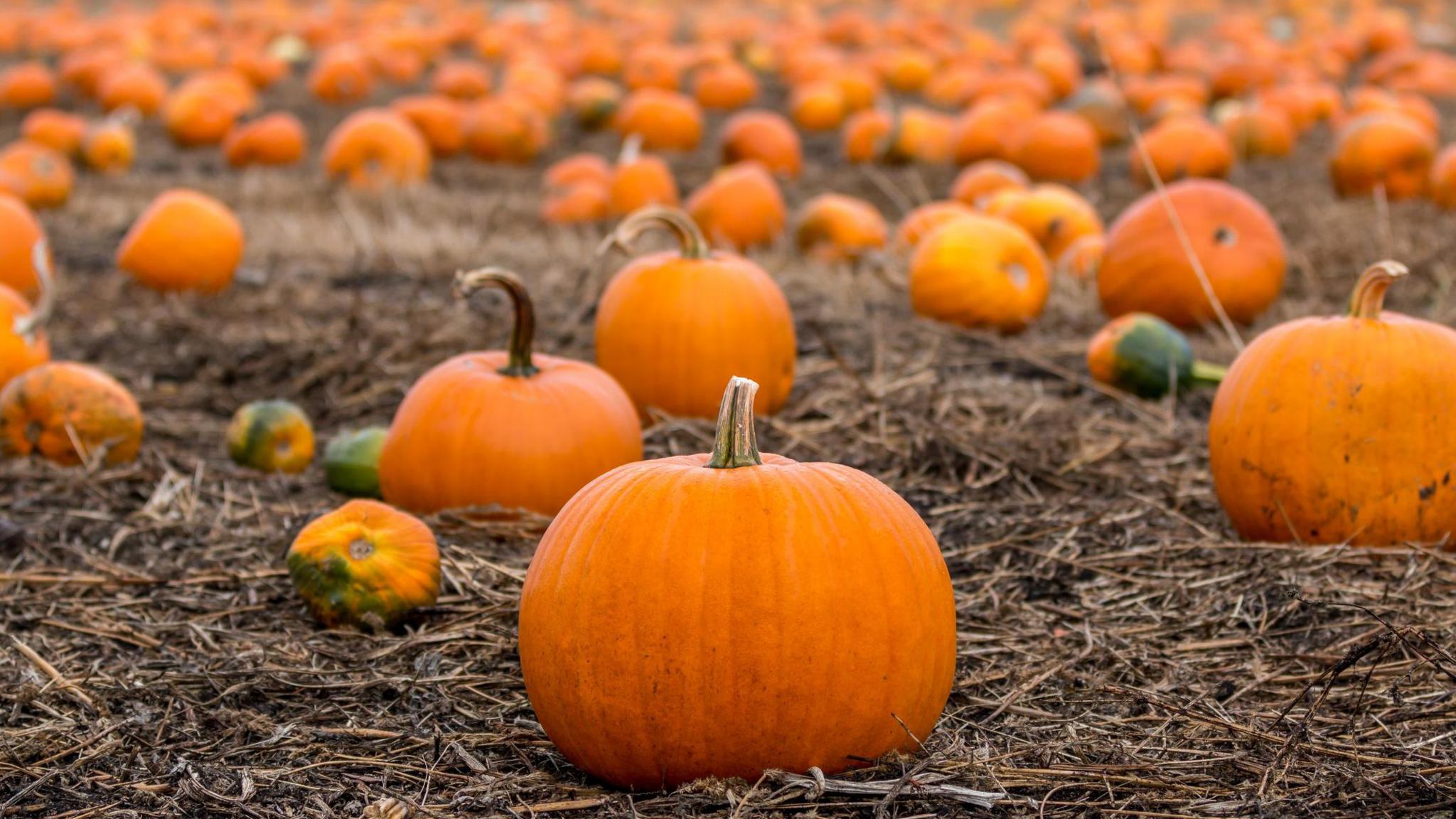
Adverse weather, slugs and a lack of bumblebees have been blamed for the low numbers of pumpkins
- Published
Pumpkin harvests have been branded as "abysmal" due to an "army of slugs" and dreary weather, National Trust gardeners have said.
Kingston Lacy, near Wimborne Minster, Dorset, was among those worst affected, with crops having to be harvested a month earlier than usual.
September's cold and wet weather caused lots of the plants to stop growing, according to the National Trust.
Other properties, such as Nostell in West Yorkshire and Dunham Massey, near Manchester, saw their squashes destroyed by slugs.
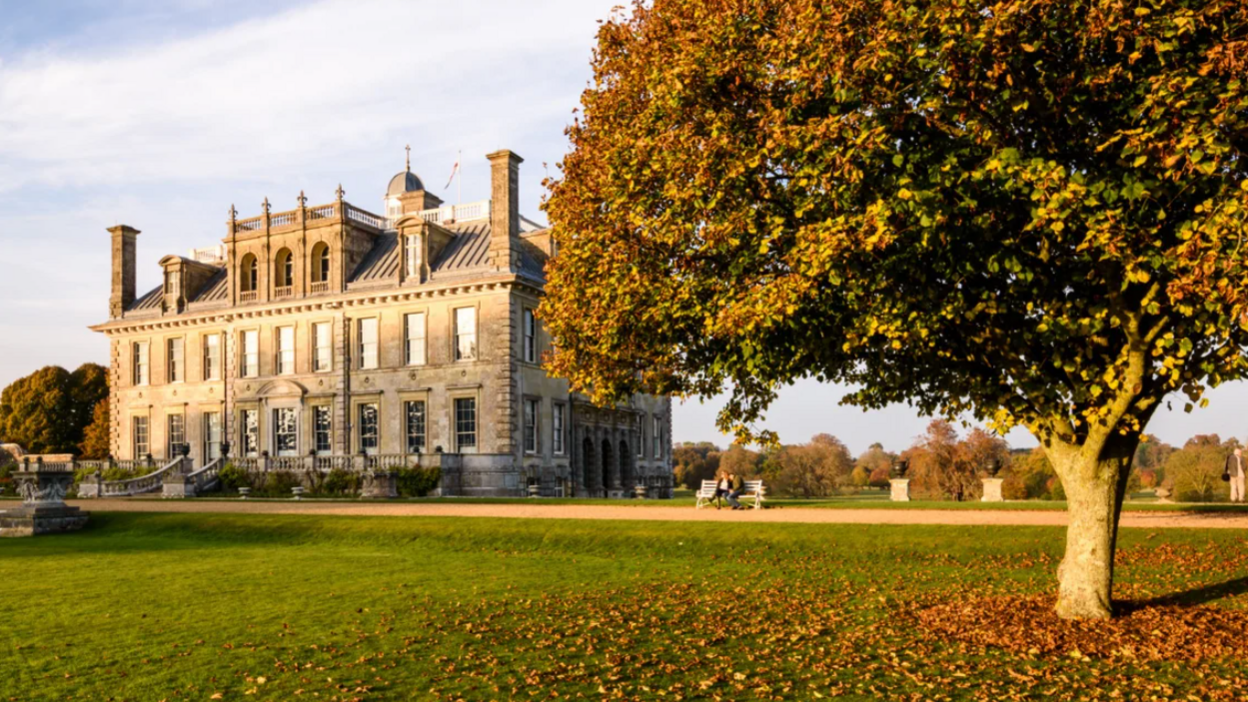
It was the earliest ever harvest for pumpkins at Kingston Lacy
Andrew Hunt, head gardener at Kingston Lacy, said pumpkins needed a long, hot growing season to do well.
He said only half of the estate's normal crop was saved this year.
"Unfortunately, we had a cold and prolonged spring, which meant that germination took place later than normal and then the cooler and wetter conditions over the summer really haven't helped," he added.
Nostell, a Georgian house near Crofton, West Yorkshire, typically produces about 80 pumpkins and squash - but harvested just 25 this autumn.
Paul Dibb, the property's garden and outdoors manager, said: "The wet spring and early summer has resulted in an army of slugs attacking the young plants we grew and planted out.
"It's been a struggle to get any established in time to produce fruit."
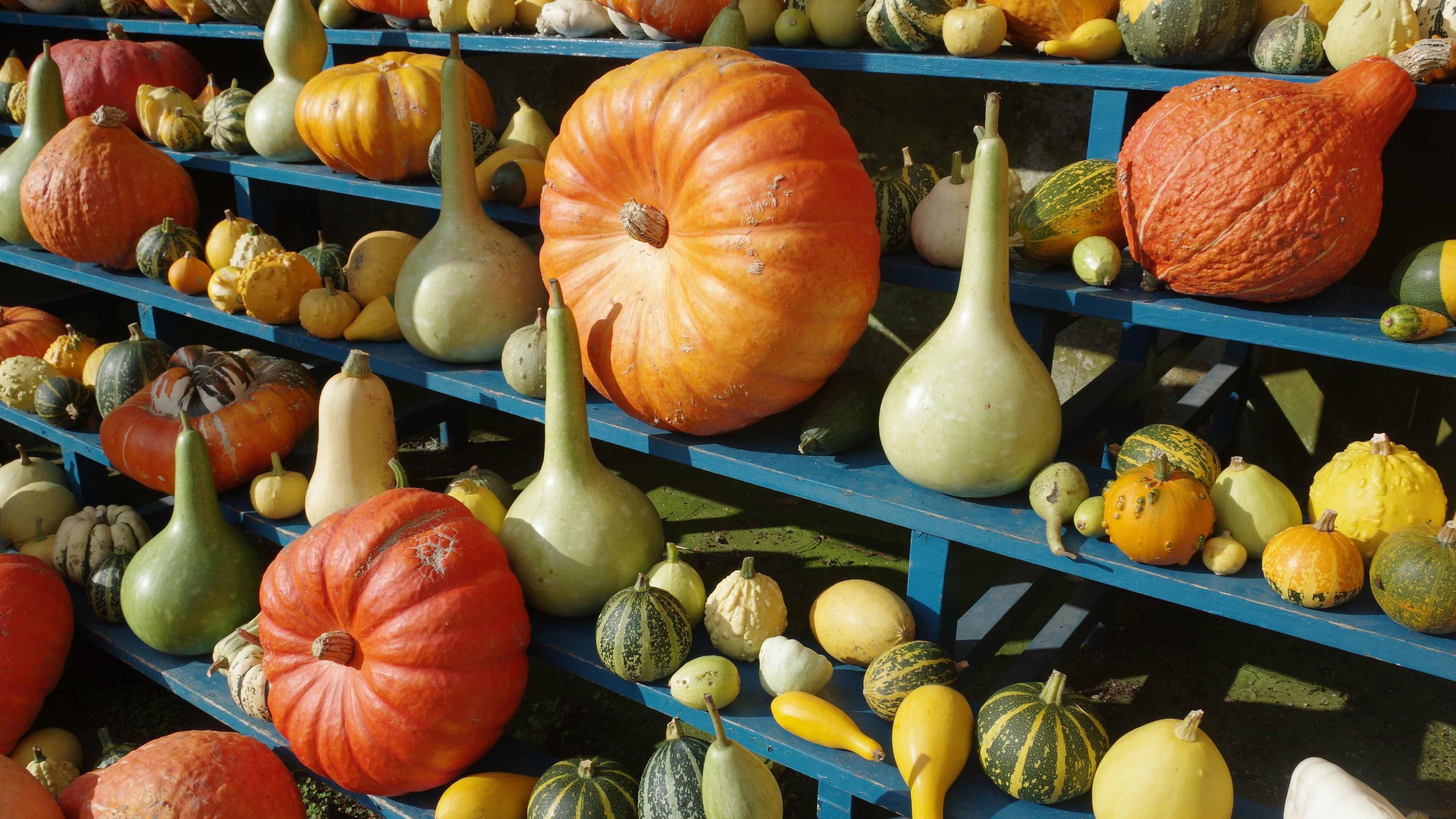
Gardeners at the National Trust reported reduced squash and pumpkin crops ahead of Halloween
Another property to suffer was Dunham Massey, near Manchester, which would usually produce 30 to 40 pumpkins for an autumn display.
But this year there were none, with all of the plants apparently eaten by slugs.
Arlington Court near Barnstaple, Devon, also reported a poor season, blaming slugs on the loss of more than 150 plants.
Rebecca Bevan, plant health and sustainability consultant at the National Trust, advised placing copper tape around pots and using a mulch of gravel, wood shavings or sharp sand to try and keep slugs and snails at bay.
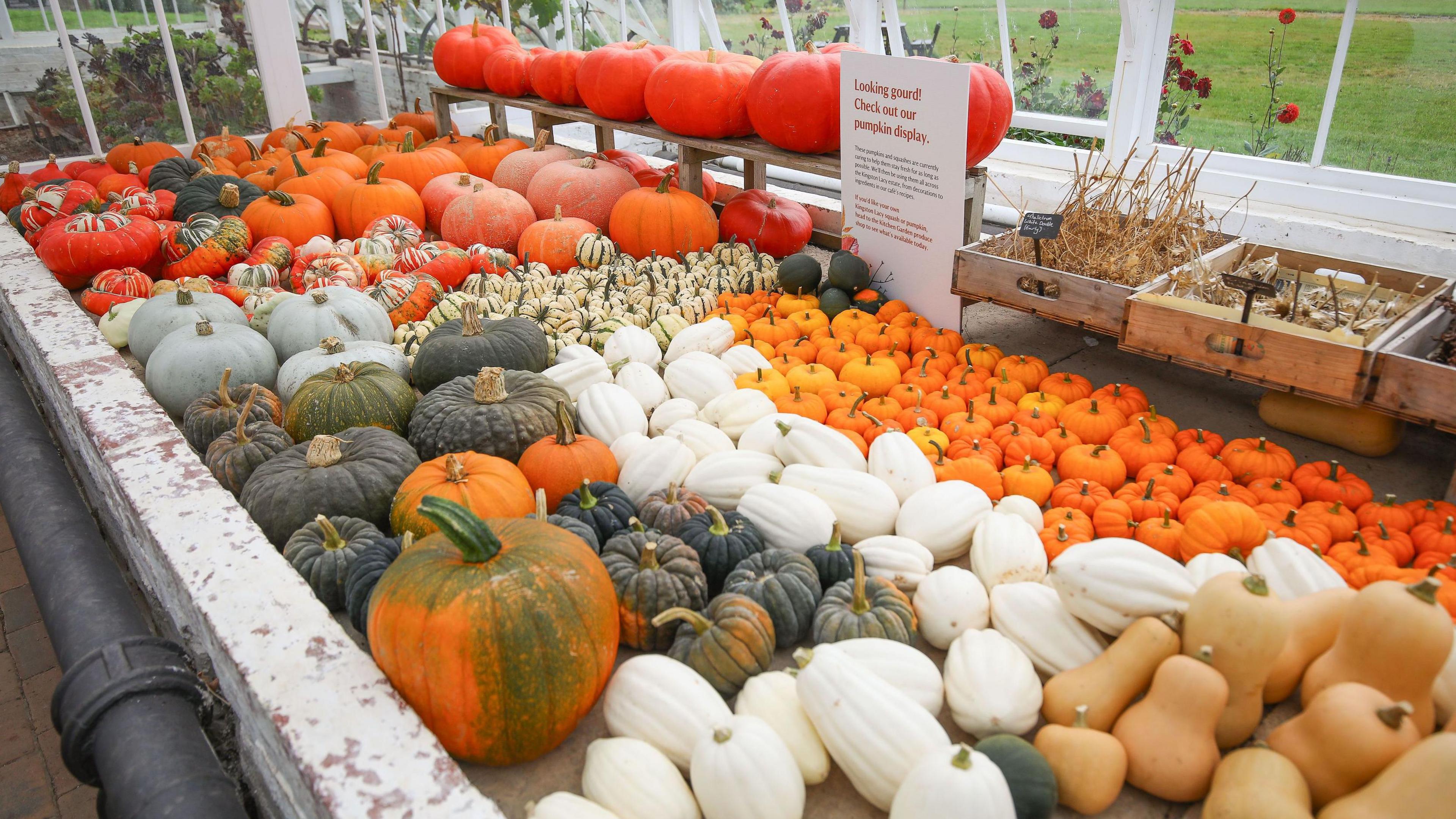
Some National Trust properties use pumpkins and squashes for special seasonal displays
Sissinghurst Castle Garden in Kent has reported a slightly reduced pumpkin crop in its two-acre organic vegetable garden.
Gardener Olivia Steed-Mundin said it was down to a drop in the number of bumblebees seen this year.
Other gardens, such as Tyntesfield, near Bristol, and Calke Abbey in Derbyshire, reported a slow start to their pumpkin growing season - but said they managed to catch up.
Heloise Brooke, head gardener at Calke Abbey, said: "We still got some great pumpkins and gourds, which we'll display on our pumpkin theatre, but there definitely won't be as many as previous years."
Get in touch
Do you have a story BBC Dorset should cover?
You can follow BBC Dorset on Facebook, external, X (Twitter), external, or Instagram, external.
- Published9 October 2024
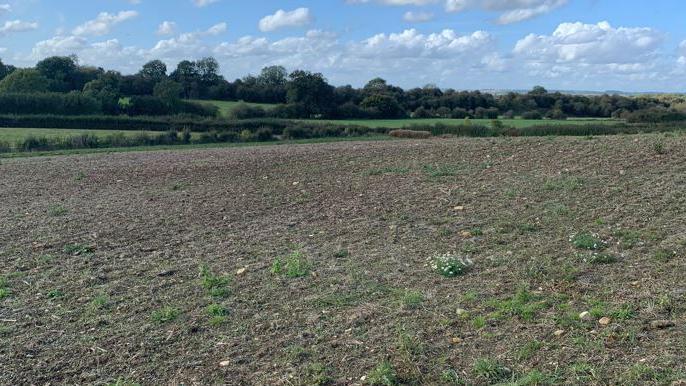
- Published7 October 2024
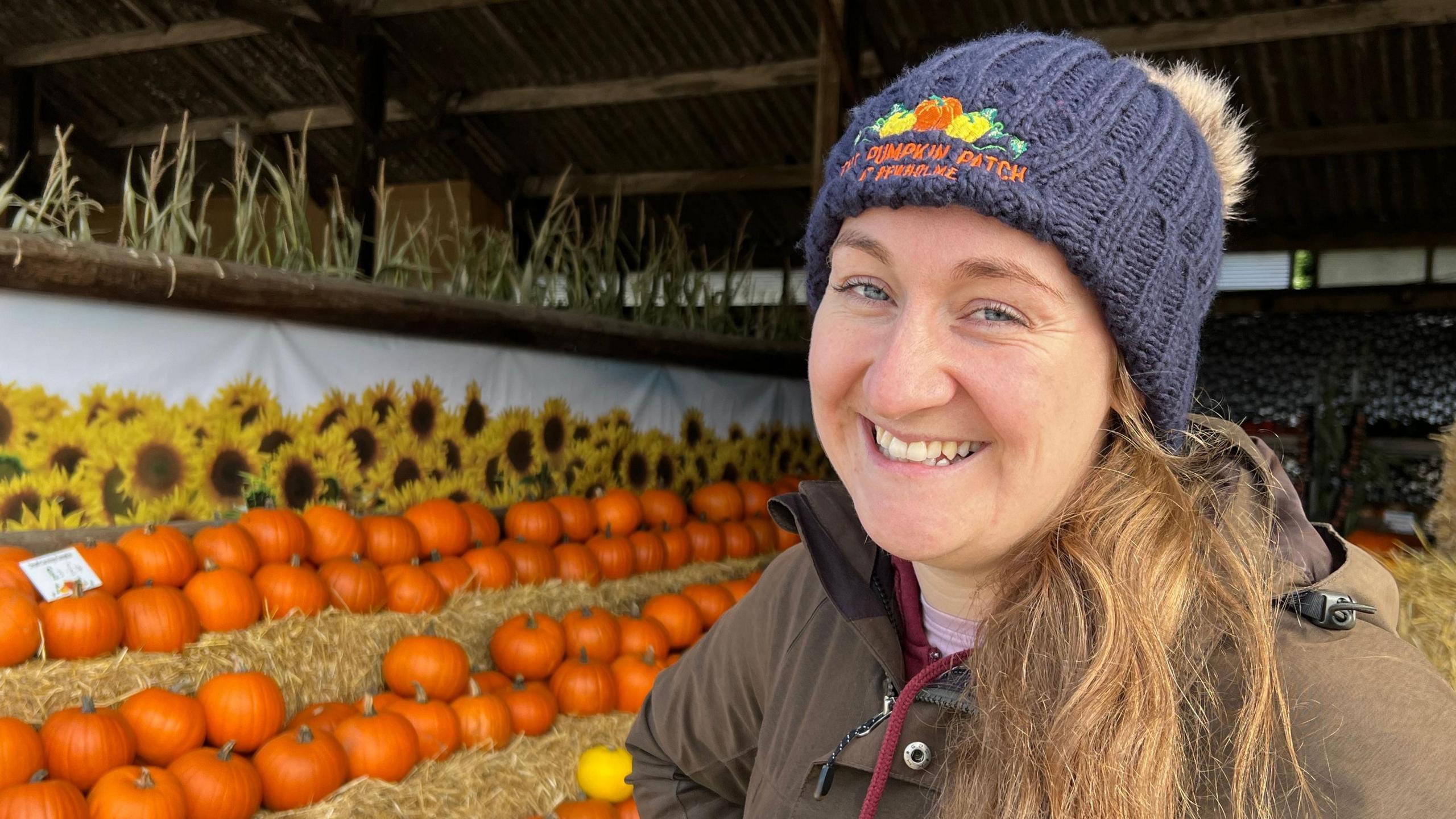
- Published5 October 2024
